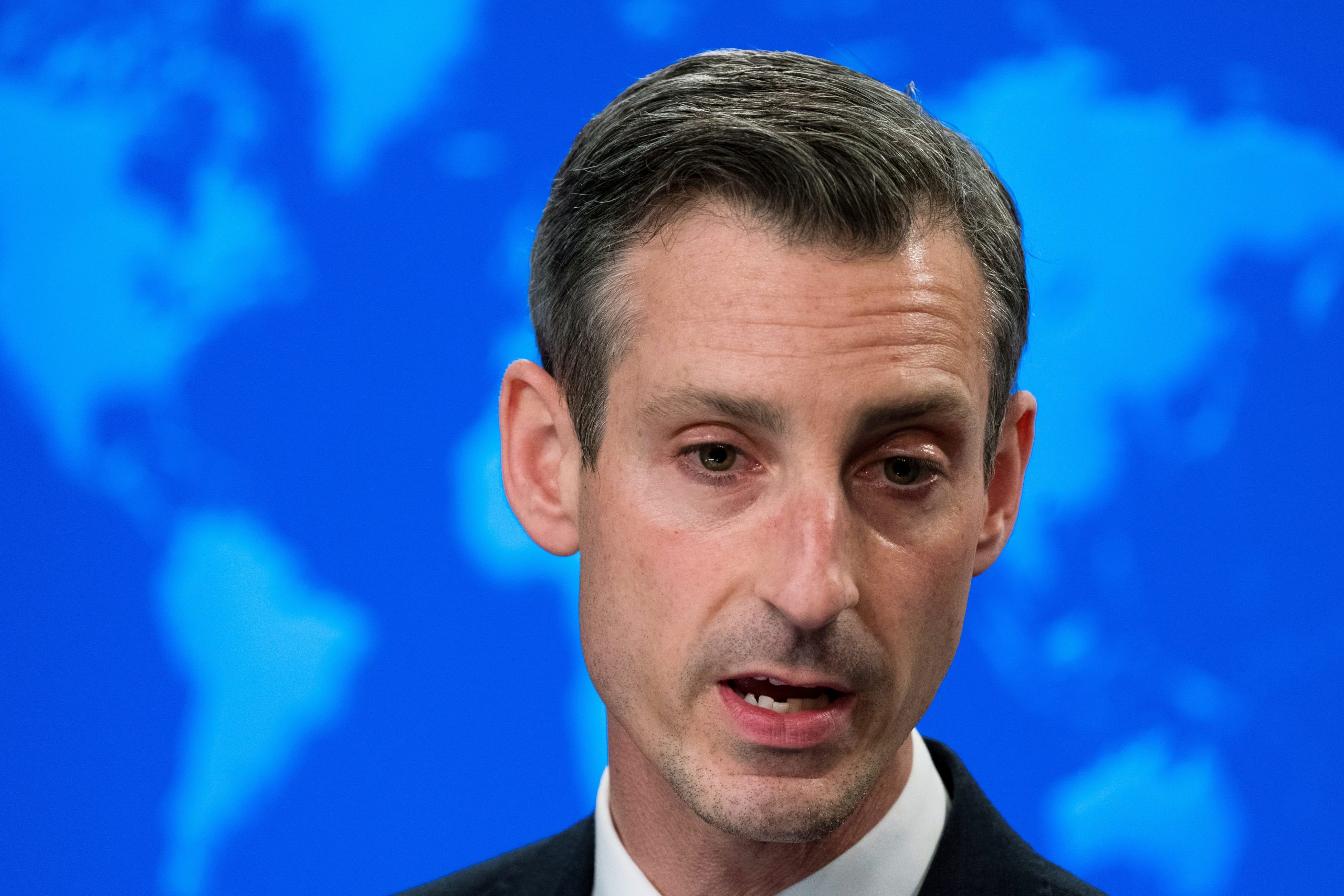
[elfsight_social_share_buttons id=”1″]
Russia’s halting of its participation in the United Nations-brokered Black Sea Grain Initiative is having “immediate, harmful impacts” on global food security and food prices have risen on uncertainty around the deal, U.S. State Department spokesperson Ned Price said on Monday.
Moscow announced on Saturday that it was suspending its role in the U.N.-backed initiative that began in August and escorts cargo ships through the Black Sea, but ships carrying grain continued to sail from Ukrainian ports on Monday.
“Any disruption to the initiative risks spiking food prices, lowering the confidence of insurers and commercial shippers who have returned to Black Sea routes and further imposing hardships on lower-income countries already reeling from dire humanitarian crises and global food insecurity,” Price told reporters at a regular news briefing.
Food prices had begun to rise before Saturday because Russian officials’ comments had cast doubt on the longevity of the deal, he said.
“This is not a bilateral issue between Russia and Ukraine,” he said, adding that 66% of the wheat exported under the initiative has gone to developing counties and 19% went to least developed countries.
Overland routes were also being used to export Ukrainian grain, but there was “no substitute” for the quantities that could be shipped via the Black Sea, he said.
“It is not in anyone’s interests — It is not in Russia’s interest, it is not in the interests of the international community to see what could be a kind to a form of collective punishment for this to remain suspended,” Price said.
Copyright 2022 Thomson/Reuters
